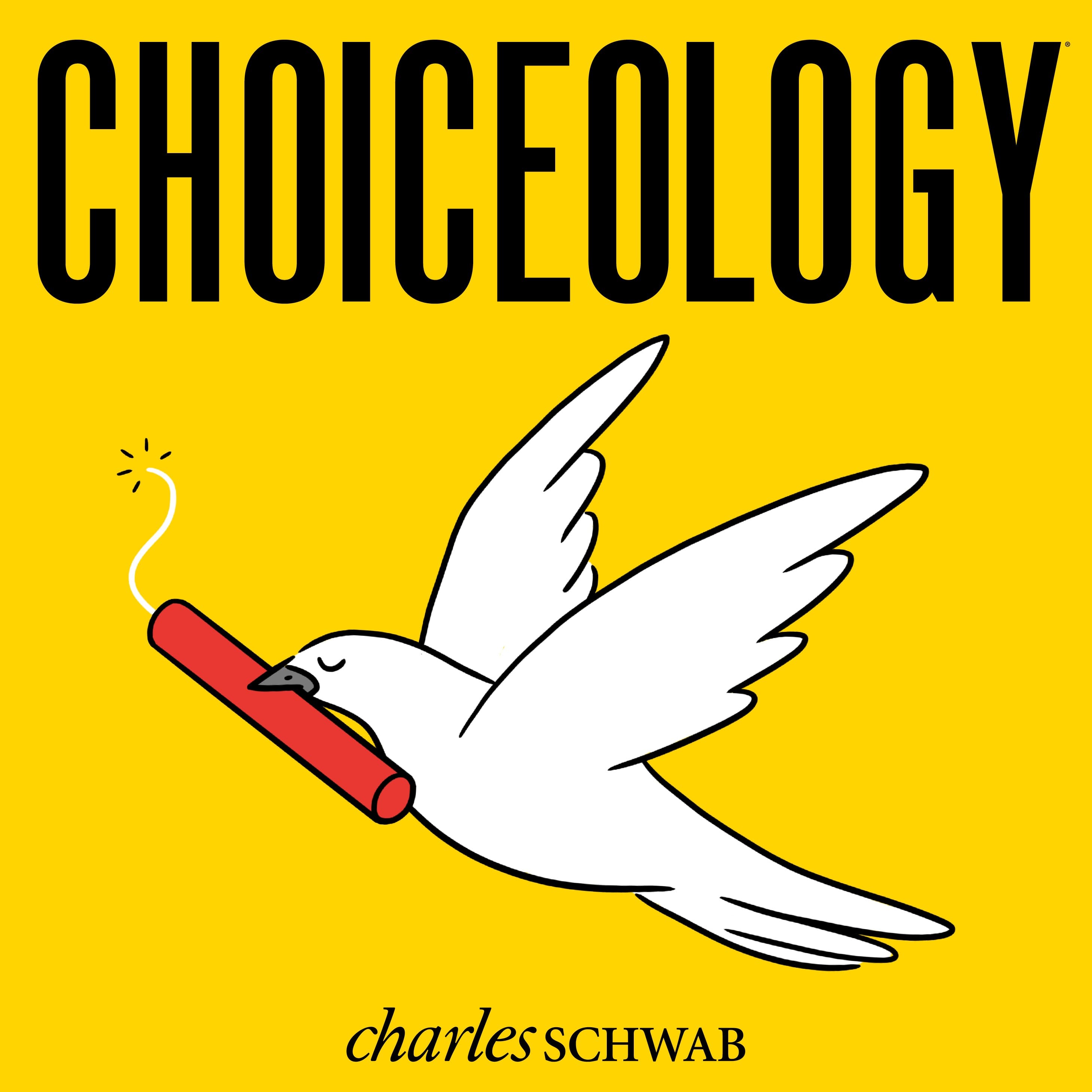The Bad with the Good: With Guests Uzma Khan & Gustav Källstrand
You've probably caught yourself indulging after a workout or a game or a stretch of healthy eating. Maybe it was a pint or two after a soccer game or an extra piece of cheesecake after a vigorous hike. These indulgences are easier to justify after a healthy activity. Ironically, though, these indulgences can undo some of your hard work. So why do we tend to behave this way?
In this episode of Choiceology with Katy Milkman, a look at how we justify our decisions based on previous behavior.
Alfred Nobel was a very successful inventor and businessman. His invention of dynamite transformed industry and saved lives by reducing the use of dangerously unstable nitroglycerin. But his reputation suffered as he became associated with some of the negative uses of his creation.
Gustav Källstrand is the senior curator at the Nobel Prize Museum in Stockholm, Sweden. He tells the story of how Alfred Nobel accidentally read his own obituary (spoiler: it was not a positive story) and the efforts Nobel undertook to rescue his reputation.
Next, Uzma Khan joins Katy to explain why people use "good" behavior to justify "bad" behavior, and vice versa. She discusses her research into this compensating behavior and how it impacts everything from health to consumer choice to charitable giving.
Uzma Khan is an associate professor of marketing at the University of Miami.
Finally, Katy explains how this phenomenon relates to what Nobel laureate Richard Thaler calls mental accounting, where we tend to place time and money (and in this case morality and self-control) into accounts, even though they are fungible resources.
Choiceology is an original podcast from Charles Schwab.
If you enjoy the show, please leave a rating or review on Apple Podcasts.
Learn more about behavioral finance.
Explore more topics
All expressions of opinion are subject to change without notice in reaction to shifting market conditions.
The comments, views, and opinions expressed in the presentation are those of the speakers and do not necessarily represent the views of Charles Schwab.
Examples provided are for illustrative purposes only and not intended to be reflective of results you can expect to achieve.
Investing involves risk, including loss of principal.
All corporate names are for illustrative purposes only and are not a recommendation, offer to sell, or a solicitation of an offer to buy any security.
The book How to Change: The Science of Getting from Where You Are to Where You Want to Be is not affiliated with, sponsored by, or endorsed by Charles Schwab & Co., Inc. (CS&Co.). Charles Schwab & Co., Inc. (CS&Co.) has not reviewed the book and makes no representations about its content.
Apple Podcasts and the Apple logo are trademarks of Apple Inc., registered in the U.S. and other countries.
Google Podcasts and the Google Podcasts logo are trademarks of Google LLC.
Spotify and the Spotify logo are registered trademarks of Spotify AB.



